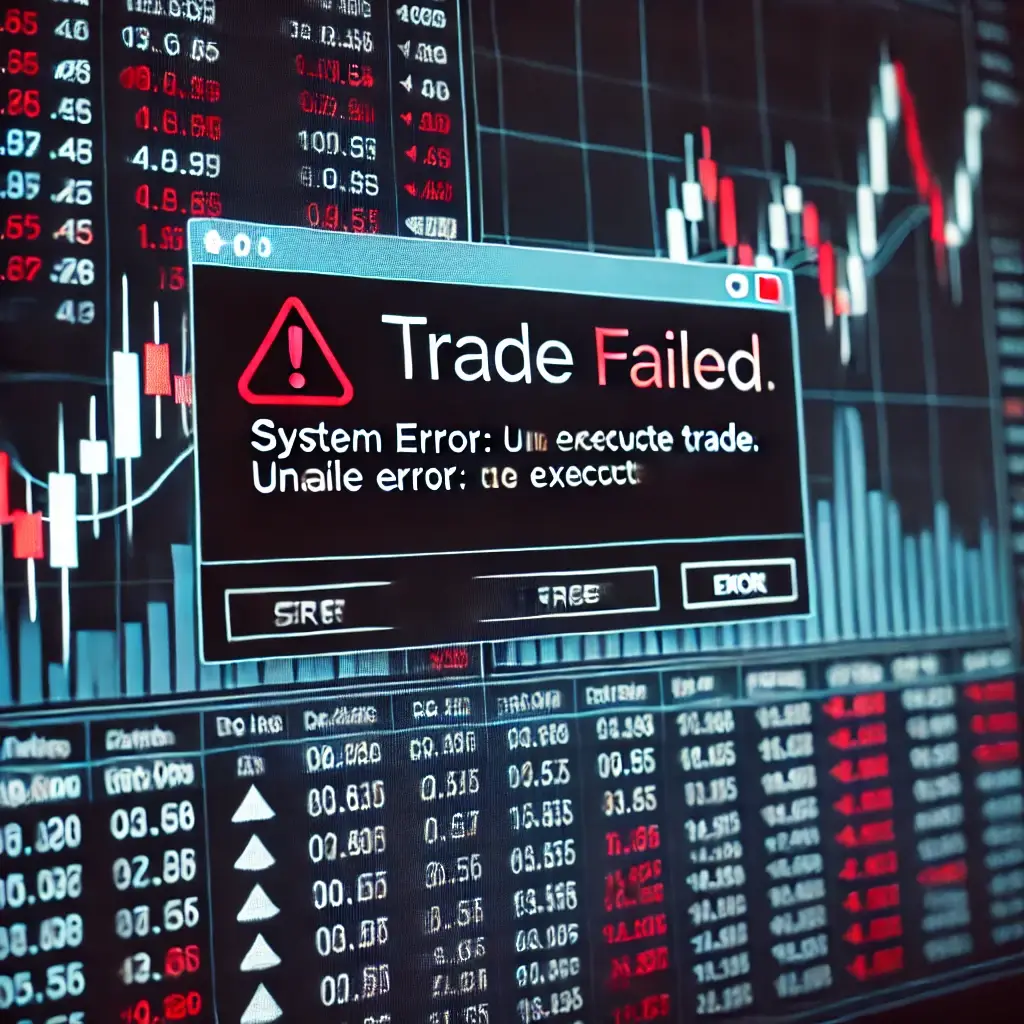As legitimate prop firms grow in popularity, so do fraudulent companies looking to take advantage of unsuspecting traders. If you’re serious about trading and safeguarding your funds, it’s essential to recognize these prop trading scams before they can harm you.
We urge our readers to stay vigilant and only work with transparent, legitimate firms. We offer comprehensive and unbiased reviews to help traders select from only the top reputable prop firms in the industry. In this post, we discuss some of the most common warning signs to help you steer clear of prop trading scams.
Table of Contents
Unprofessional and Poorly Maintained Websites
A company’s website can be your first clue in identifying a scam. Fraudulent prop firms often have poorly structured websites filled with errors, missing information, and no transparency regarding their trading policies. On the other hand, reputable companies invest time in creating secure, professional, and easy-to-navigate websites that instill confidence and trust.
You should always review a firm’s website to find clear details about their terms, conditions, and risk management practices. If it’s hard to locate or understand their policies, consider it a red flag.
Tip: Keep in mind that even some attractive websites can be fronts for scams, so always pair your research with further investigation.
Visit our website and explore our reviews on the best prop firms for forex and futures
High Upfront Deposits
Scammers often lure traders in by demanding high upfront fees with promises of full access to large capital. Once these fees are paid, communication may suddenly stop, leaving traders without funds or access to the promised accounts. This is a classic trick used by fraudulent firms.
Also, be wary of companies with hidden fees for account maintenance or other services. These are often tactics used in prop trading scams.
Lack of Support for Live Trading Accounts
Another major red flag is when a prop firm doesn’t provide live trading accounts even after you pass the evaluation. These scams typically offer demo accounts, and your “profits” are based on challenge fees collected from new traders. Once the flow of new traders stops, these fraudulent firms often shut down, leaving you with nothing.
Tip: Always ensure that the prop firm you’re considering offers real, live accounts with actual money. It’s a key indicator of a legitimate company. The exception to this rule is FTMO, who offer only demo accounts, but pay real money.

Unrealistic Promises of High Returns
Be extremely cautious of any prop firm guaranteeing massive profits with little to no risk. Scammers frequently use “get rich quick” promises to lure inexperienced traders into their schemes. The reality is that no trading strategy can guarantee a 100% return, no matter how big the firm is.
Tip: If a prop firm offers instant wealth with no effort, walk away. There are no shortcuts in trading.
Unclear Profit-Sharing Models
A lack of transparency in profit-sharing is another hallmark of a prop trading scam. Scammers may not provide a clear explanation of how your profits are calculated or when you’ll be paid. Worse yet, they may manipulate trades to show losses even when you’ve placed winning trades, making it impossible to withdraw your earnings.
Prop firms typically offer a profit share of 70-90% and in some cases, up to 100% for successful traders. A prop firm’s profit-sharing model must be clear and should be structured to reward successful traders.
Tip: Always choose a prop firm with a straightforward and transparent profit-sharing system. Avoid companies with vague or overly complicated payout structures.
Conclusion
There are several clear signs that can help you identify and avoid prop trading scams. Start by reviewing a firm’s website for professionalism and transparency. Be skeptical of companies that charge exorbitant upfront fees or promise high returns with little risk. Most importantly, make sure they support real, live accounts and offer a clear profit-sharing model.
Further reading:
Avoid Prop Trading Firm Scams | 5 Red Flags to Look Out For (ofpfunding.com)
Ever considered a career as a funded trader in the forex or futures markets? Prop trading is the gateway to earning massive gains through institutional capital. If you’re ready to take the next step on your trading path, check out our comprehensive and unbiased reviews on the most trusted and reputable forex and futures prop firms in the industry today.




